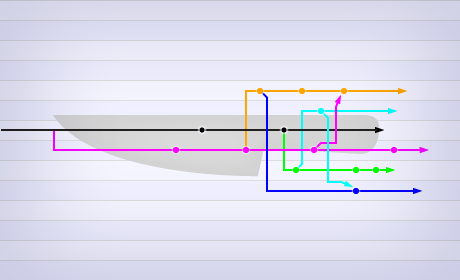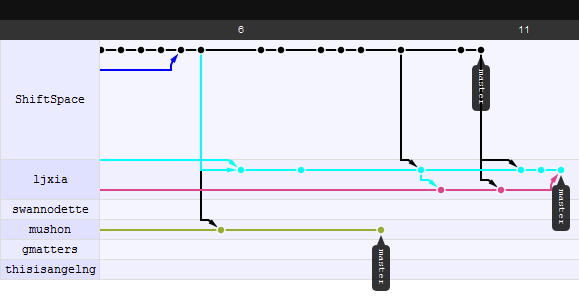When Teaching Becomes an Interaction Design Task: Networking the Classroom with Collaborative Blogs
p>I wish I was in NYC these days for Mobility Shifts, an international future of learning summit. My recent parenthood along other commitments prevented me from joining but I was happy to contribute to the Learning Through Digital Media reader where I published an essay about my experience teaching with collaborative blogs. The peer-review process was interesting, and we were all invited to review and comment on each others works paragraph by paragraph. This definitely improved my paper and was generally an enjoyable and educating process.
Like the rest of the essays in the book, mine titled: “When Teaching Becomes an Interaction Design Task: Networking the Classroom with Collaborative Blogs” is published on the site and is available for download in multiple formats. My “Topics in Digital Media” graduate students at NYU’s Media Culture & Communication program have created a video response to the paper, which is possibly one of the most exciting memories I take with me from my NYC teaching
I am embedding an online version of the book here and would cross post the full article below it. I hope you would enjoy the essay, and hopefully find it useful for your own teaching. Let me know what you think.
Learning Through Digital Media Continue reading “When Teaching Becomes an Interaction Design Task: Networking the Classroom with Collaborative Blogs”

